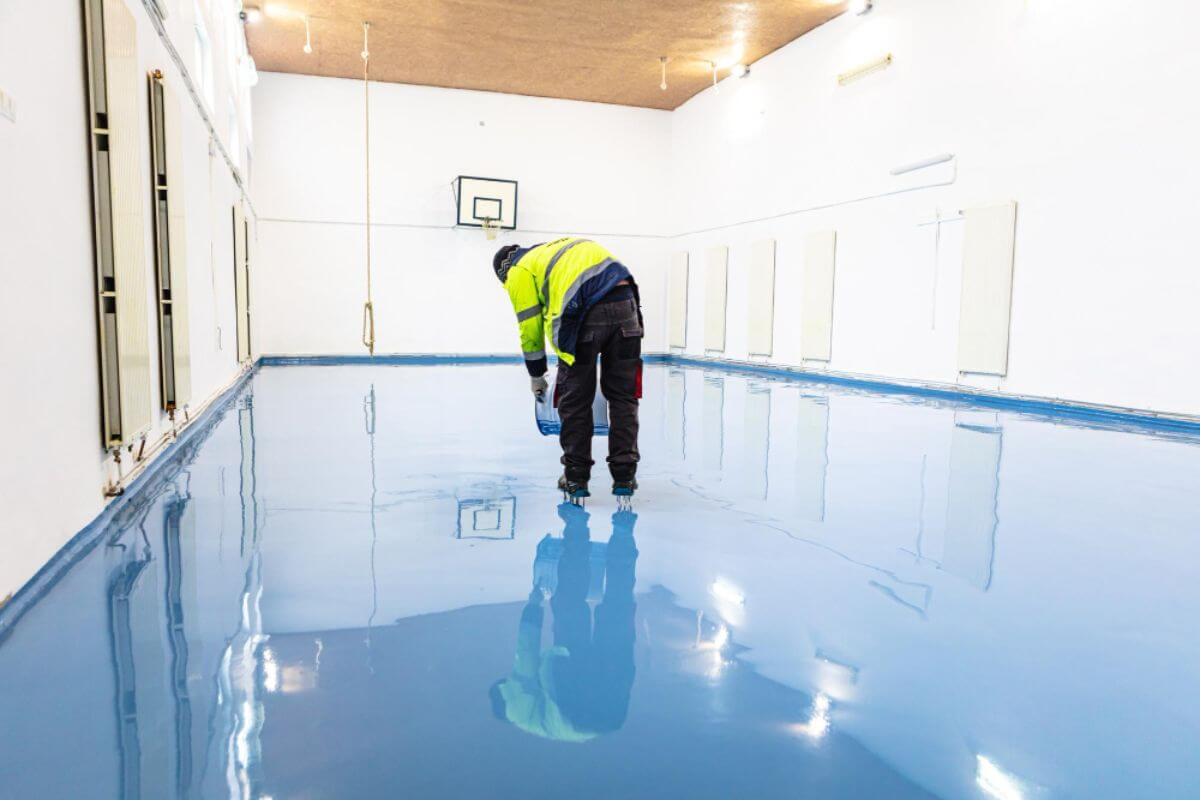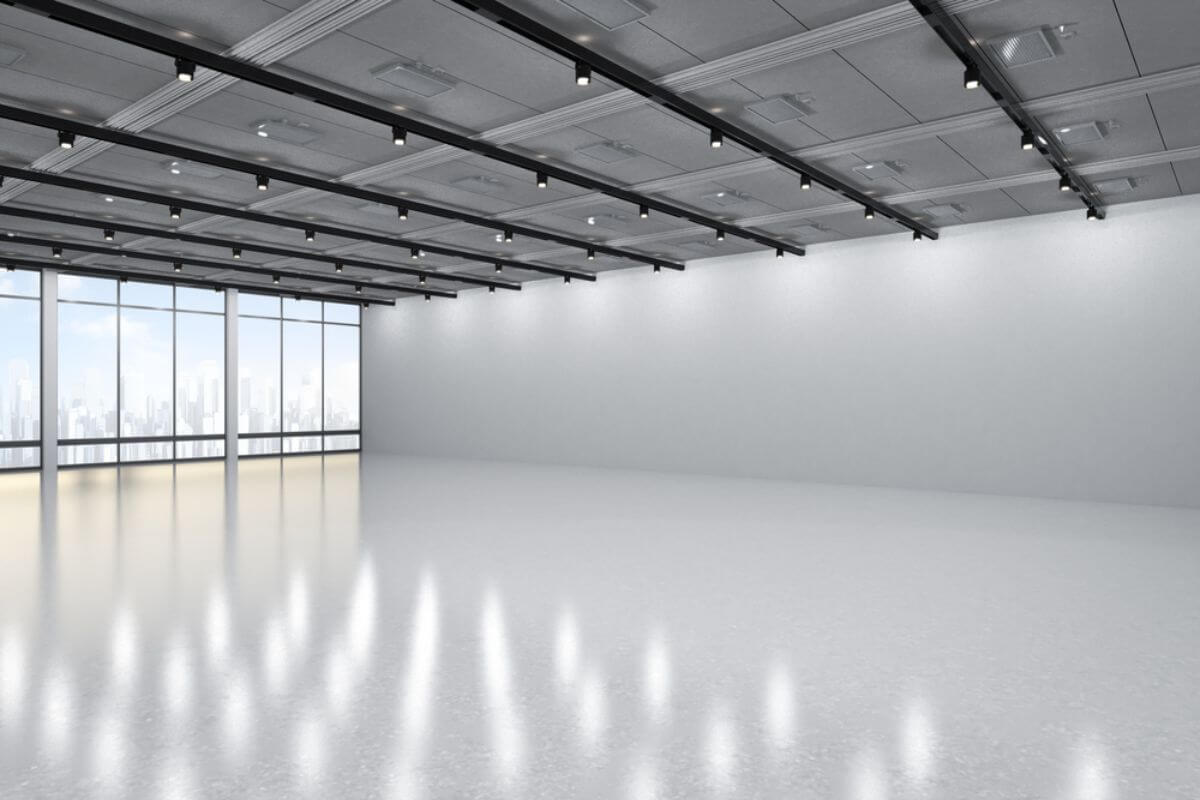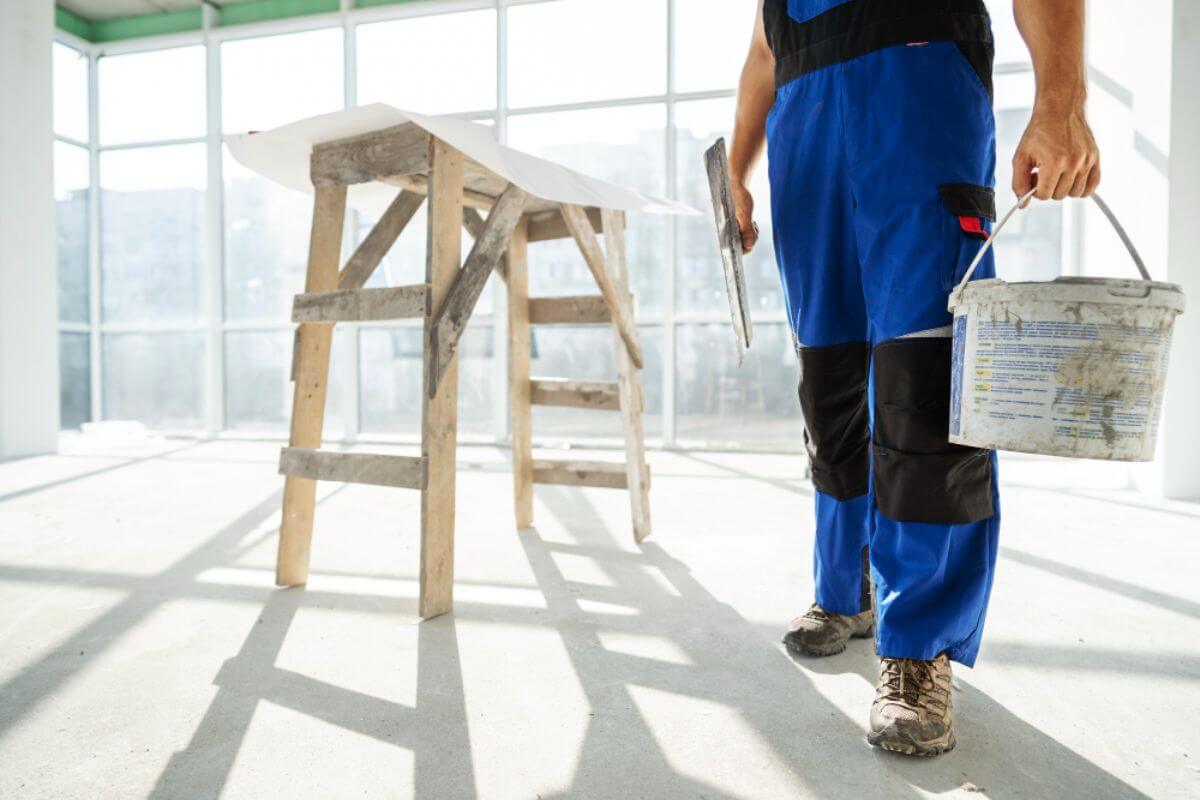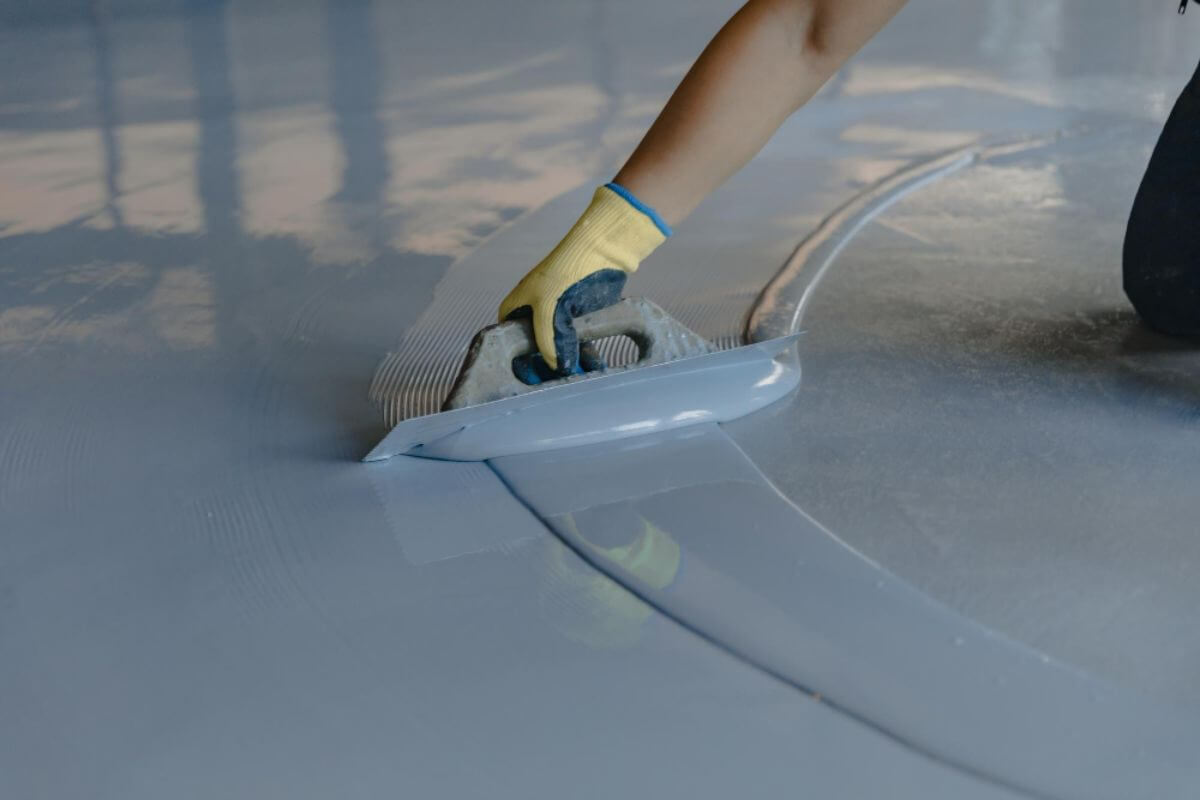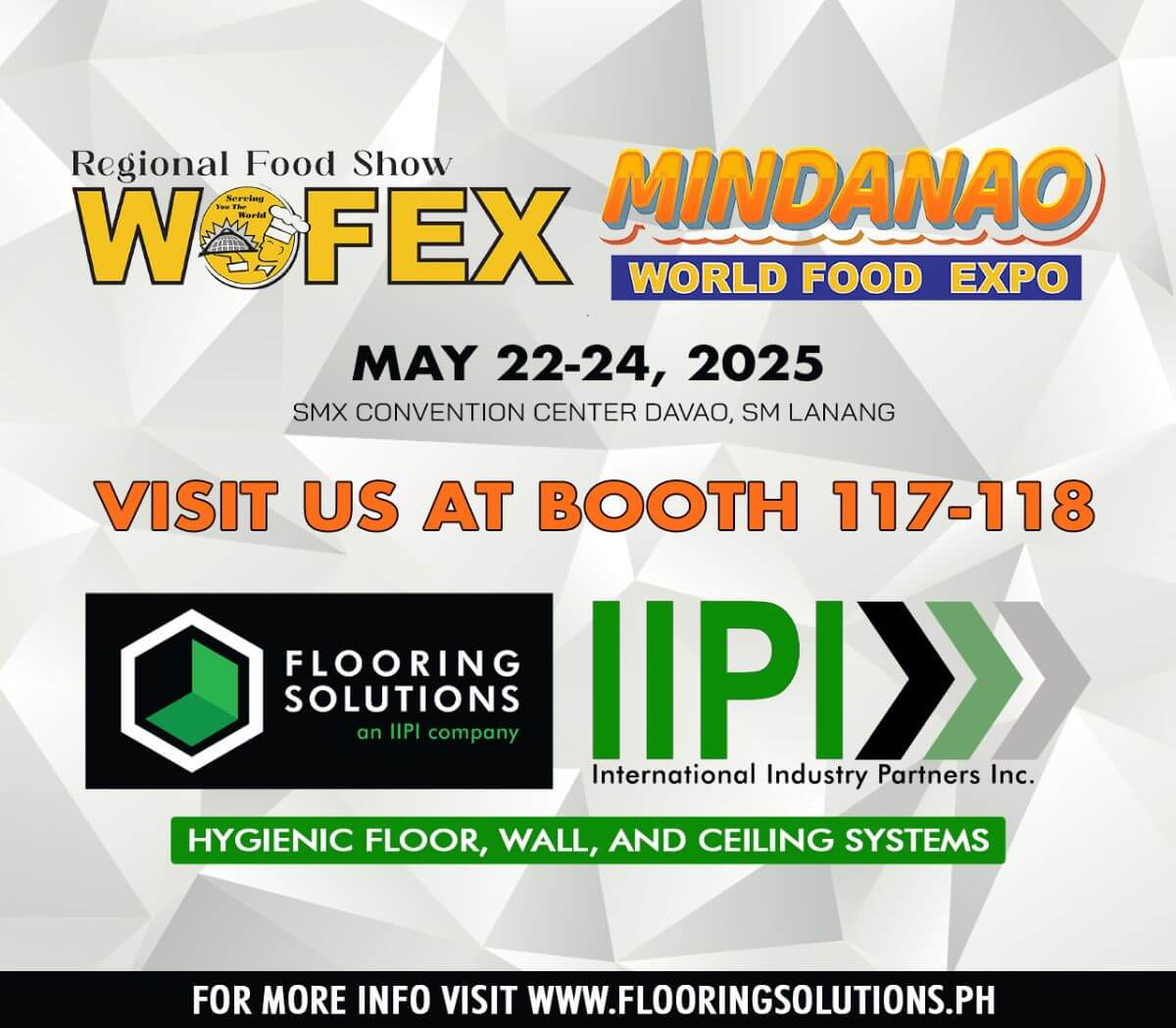5 Best Flooring Materials for Modern Kitchens

What are the best flooring materials for modern kitchens?
- Epoxy Resin
- Polyutherane flooring
- Concrete
- Porcelain or ceramic tiles
- Hardwood floors
Overview
- Epoxy resin is a durable and chemical-resistant option for your kitchen
PU flooring is ideal for exposure to high temperatures and is softer compared to epoxy flooring.- Concrete is an eco-friendly and economical surface with a timeless feel.
- Porcelain and ceramic tiles are common flooring types for the kitchen.
- Hardwood flooring can add value to your property.
Whether a homeowner or a business owner, choosing the right flooring material for your kitchen is important. Kitchens are common gathering spaces which makes them crowded areas. With the right surface treatment, you can achieve both style and functionality. This can enhance how you use or operate in your residential or commercial kitchens.
In this article, we look at five flooring materials ideal for modern kitchens. We dive into their qualities and what makes them the best option to enhance your experience. Read on to learn more about the different types of kitchen flooring.
Epoxy Resin

Epoxy Resin is a durable flooring option for your kitchen. This is because they distribute weight and pressure evenly. It is also because of strong hardeners and curing agents like polyamides and amidoamine. These quality hardeners are the reason for their other key features too.
This surface is resistant to chemicals. This means that they can survive spills and splashes of acid, solvents, and alkalis materials. Apart from this, they are slip-resistant surfaces. This quality is a result of non-slip coatings and rough textures. Epoxy resin textures can be made by adding silica sand and aluminum oxide. Moreover, this flooring solution is easily installed so you can use your kitchen in a matter of days.
Polyurethane flooring
Commercial kitchens can reach a minimum of 9.5°C and 26.5°C (49.1°F and 79.7°F). That is why restaurants should use polyurethane flooring. This surface is famous for its UV or heat-resistant qualities. This feature is due to their chemical composition made by exothermic reactions. Preventing the yellowing of the surface, they are often seen in car parking lots that are often exposed to the sun. Residences with a west or south-facing kitchen can also benefit from this quality.
Another advantage of this surface treatment is that it is also softer compared to epoxy. This makes them ideal for household use, especially for often barefoot residents. Their elastic nature allows for a more comfortable movement in the kitchen. In addition to this, they are also resistant to impact and abrasion.
Concrete
Concrete is ideal for environmentally-conscious kitchen projects. This is because they require no additional materials in the construction. It also consumes little energy and resources to use without compromising on strength. They are also economical solutions for clients and homeowners on a budget.
This surface can also reflect a timeless style. Coming in different designs and finishes, it can adapt to your aesthetic preferences. It is also often a symbol of modernity, making it one of the ideal flooring materials for modern kitchens.
For properties or kitchens in hotter climates, concrete serves as an ideal option to cool your space. Like other masonry materials, concrete absorbs, stores, and releases heat slowly.
Porcelain or Ceramic Tiles
Porcelain or ceramic tiles are common flooring solutions. These tiles are often interchangeable with each other but they do have subtle differences. They are both made from a clay mixture fired in a kiln. Porcelain tiles tend to be made more of refined clay fired at higher temperatures, making this more durable than ceramic tile.
Either way, they are both durable in high-traffic areas which can increase your kitchen’s longevity. They are also coated with water-resistant substances. This makes them reliable in case of beverage spills, sink overflow, and other accidents.
In choosing which of these types, costs should be considered. Generally, porcelain is more expensive than ceramic tiles.
Hardwood Floors

Hardwood flooring is a classic style. They are usually made from raw materials which makes them attractive options. This quality is also the reason why it can give a warm and welcoming atmosphere. It can come in local wood like mahogany, teak, and molave. They can be stained for a lighter color palette or a darker shade, matching your overall kitchen vision.
Besides their aesthetic, they are durable surfaces that can withstand busy areas. Despite this, regular maintenance like refinishing is needed to reduce wear and tear. Immediately wiping spills can also help in sustaining their appearance.
When your kitchens have hardwood floors installed, it can add value to your home. This is because it is a sought-after feature, making your property more competitive in the market.
Key Takeaway
Kitchen flooring can come in different materials. They can support longevity and enhance the appearance of one of the most important spaces.
In choosing your ideal surface material, it is best to partner with professionals. Their knowledge and experience can guide you to the right decisions.
With Flooring Solutions, you can maximize your kitchen use made by skilled specialists. Our team of resin experts is committed to giving you the best flooring treatment. We offer quality services for epoxy, PU, and concrete surfaces. Garnering various environmental and excellent management certifications, we are dedicated to giving you high-performing solutions. Contact us today to get started!
